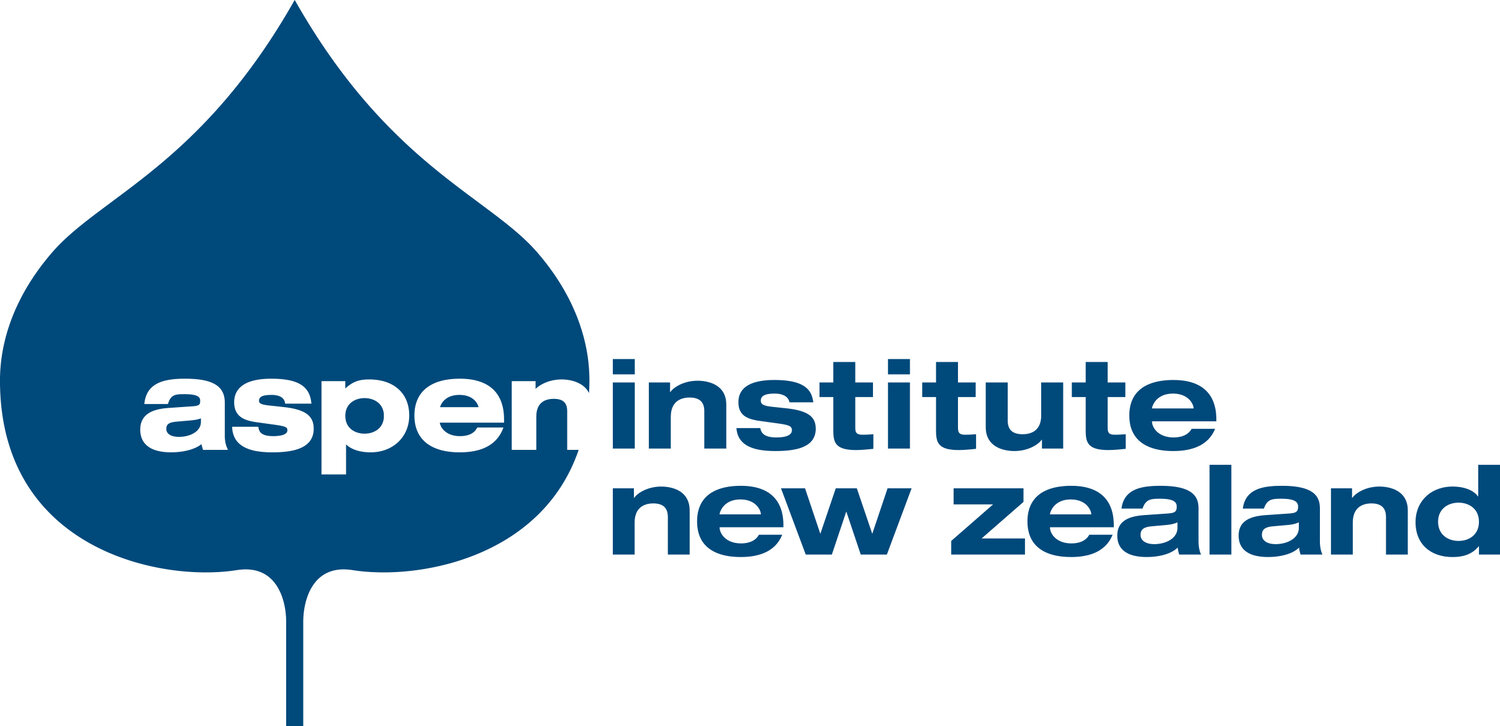Complex Security Environment Requires Collective Awareness and Action
Aspen-Otago National Security Forum 2025
Australia - New Zealand: Shared Threats, Shared Opportunities
Queenstown hosted some of the region’s leading minds in national security last weekend, as policymakers, academics, and practitioners from New Zealand, Australia, Asia, and the United States gathered for the Aspen–Otago National Security Forum 2025 - a collaboration between the Aspen Institute New Zealand, the University of Otago, and the Australian Strategic Policy Institute.
Held under the Chatham House Rule, the closed sessions brought together senior officials and experts to explore how New Zealand and Australia can navigate what many describe as the most complex security environment since the Cold War. Participants discussed how shifting geopolitics, foreign interference, cybersecurity, online radicalisation, climate change and emerging technologies are reshaping national resilience and regional stability.
Throughout the day, a consistent theme emerged: addressing these challenges will require awareness, partnership, and participation from every part of society. As NZSIS Director-General Andrew Hampton observed, national security “is not something that can just be left to the security and intelligence agencies.”
The public session extended that conversation beyond the policy sphere. Aspen Institute New Zealand CEO Christine Maiden Sharp opened by describing the Forum as a bridge between sectors and communities, as an opportunity to bring national security “into the public conversation.” She encouraged attendees to see security not only as protection against threats, but also as a platform for innovation and opportunity.
Chris Taylor, who leads the Statecraft and Intelligence Centre at ASPI, offered an Australian perspective on how the concept of security is evolving. He described today’s environment as one of “fragility and convergence,” where economic stability, social cohesion, and environmental change are increasingly interconnected. Australia’s response, he said, has been to adopt a more integrated approach, aligning diplomacy, intelligence, and industry in a shared effort to strengthen national resilience.
In his public address, Andrew Hampton outlined the ways New Zealand’s security agencies are adapting to new risks, from espionage and cyberattacks to the influence of emerging technologies. He spoke about partnerships between government, business, and civil society, noting that security should be seen as an enabler - something that allows us to innovate and operate safely.
Sir Don McKinnon, reflecting on his decades of diplomatic service, reminded attendees that distance no longer guarantees safety. He urged both nations to remain outward-looking and deeply engaged with the Pacific and global community. “Our connections with Australia, the Pacific, and beyond, are what keep us secure,” he said.
The session concluded with a lively Q&A exploring the role of education, social policy, and public dialogue in building resilience. Both Hampton and Taylor emphasised the importance of social cohesion and trust, as elements that underpin security at every level.
Closing the day, Dr Peter Grace from the University of Otago reminded attendees that national security is ultimately about people - “ordinary people doing extraordinary jobs” - and that events like this help to connect the human stories behind complex policy debates.
The Forum was made possible through the generous support of PwC New Zealand, whose commitment to building trust in society and solving important problems continues to enable dialogue of this kind. The Australian High Commission also provided valued support, reinforcing the importance of our trans-Tasman partnership in strengthening regional security.
The discussions pointed toward a shared conclusion: that New Zealand’s security depends not only on government capability, but on collective awareness, connection, and confidence in our ability to respond. As ASPI’s Dr Elizabeth Buchanan observed, an important step forward is giving society the agency to act - that, despite the scale of today’s security challenges, the solutions are within our shared reach.
Watch the public session replay below.









